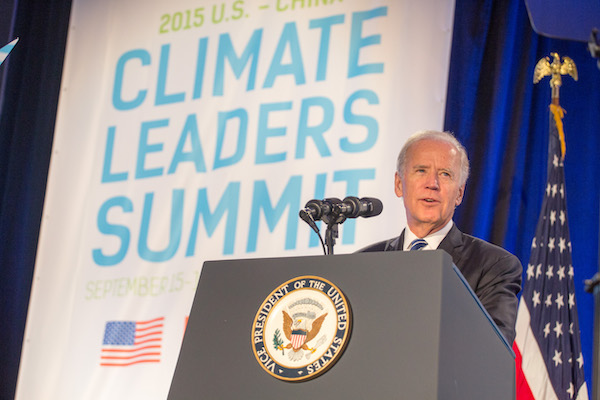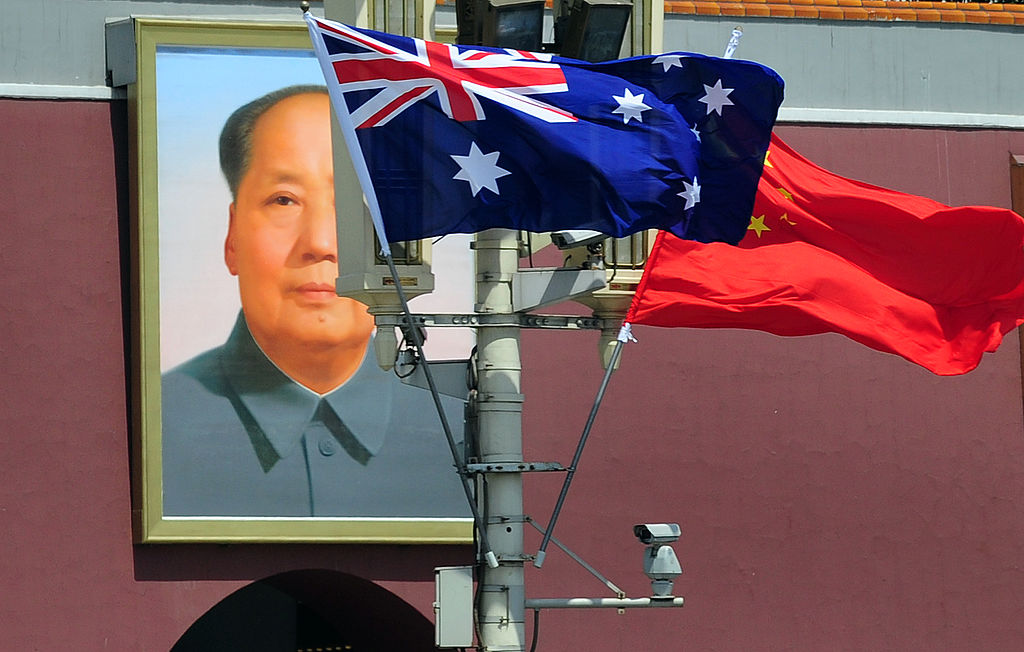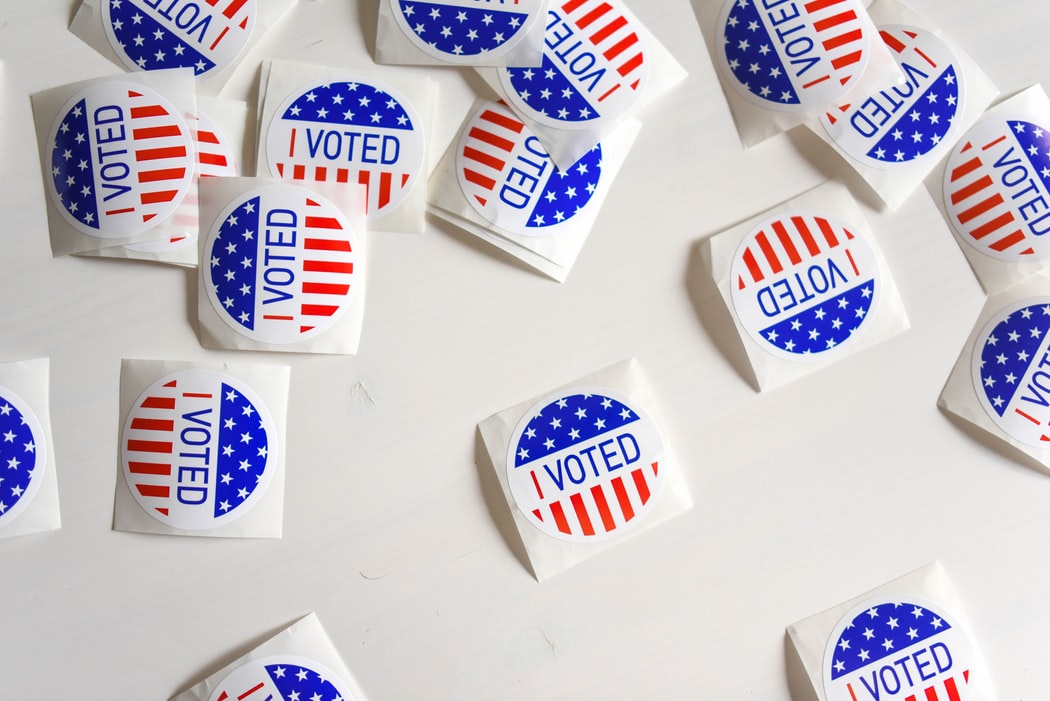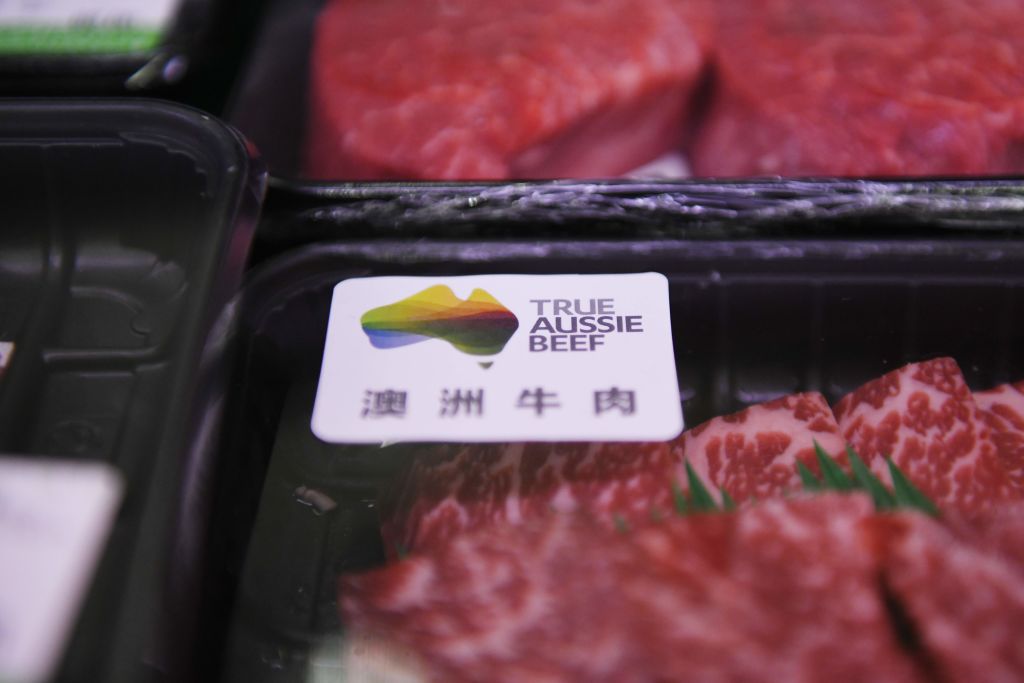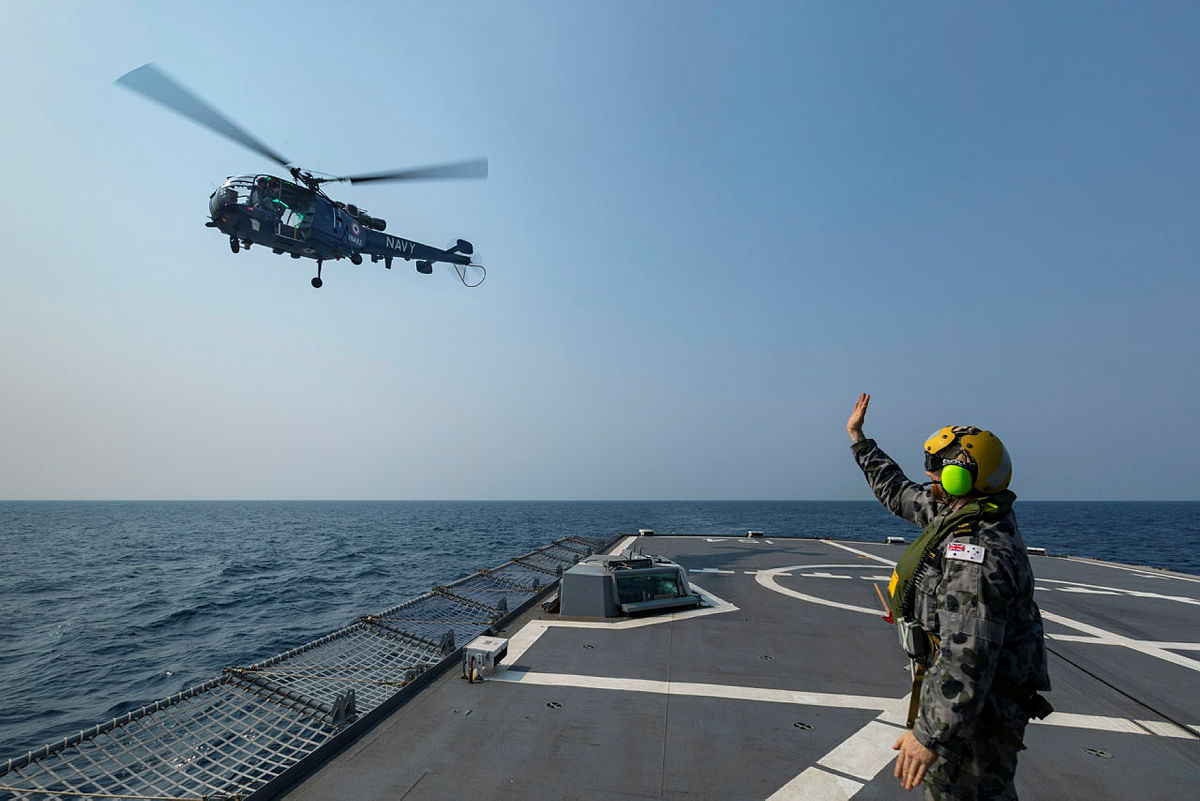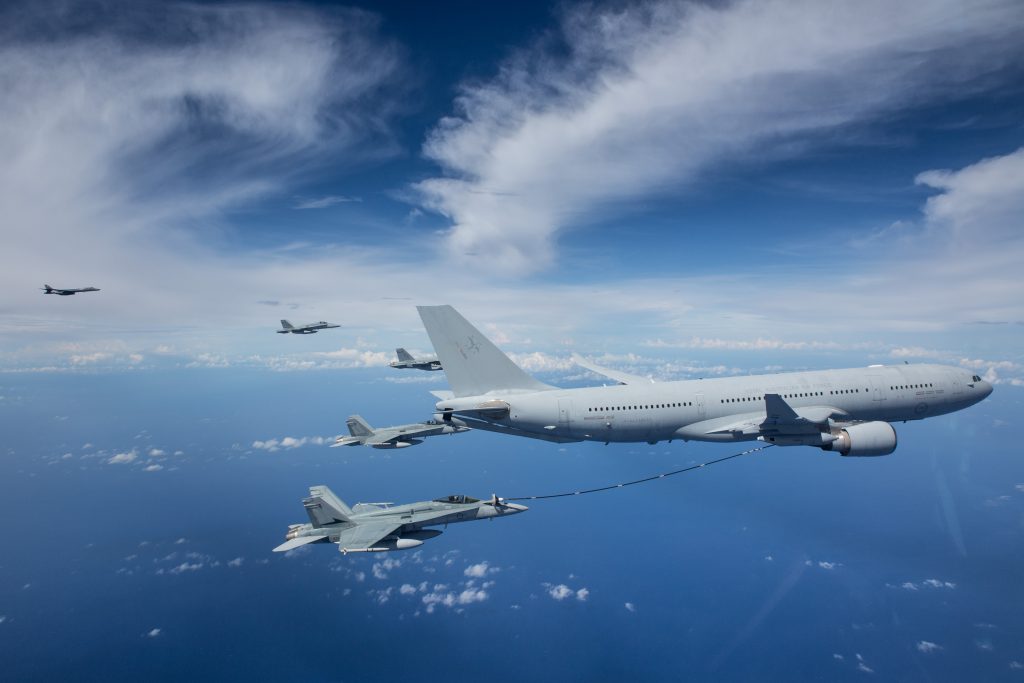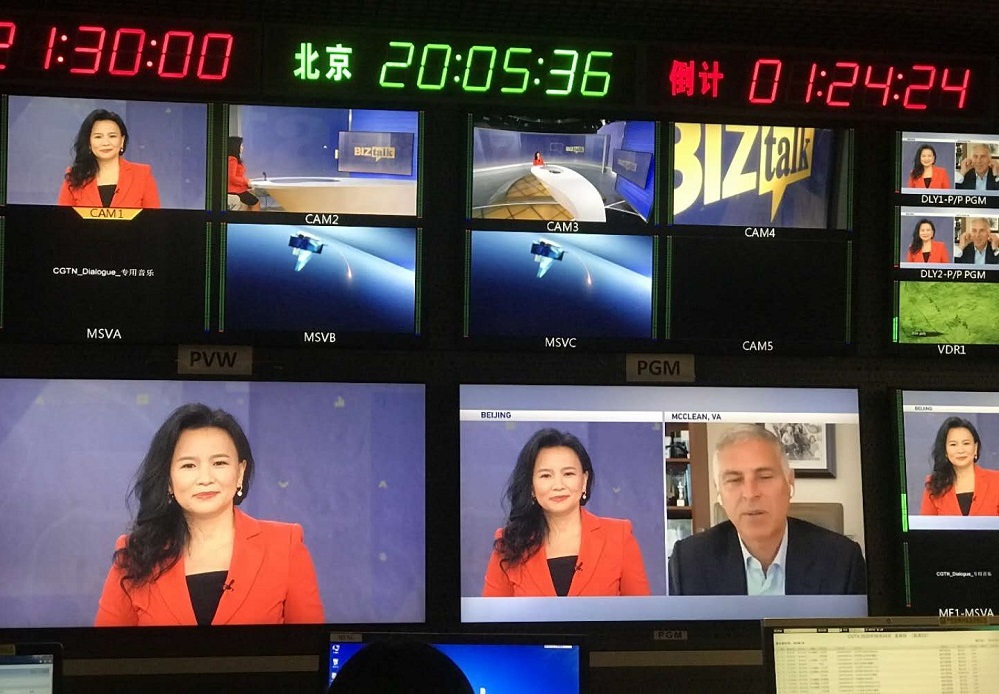What should Australia do about Uyghur forced labour in China?
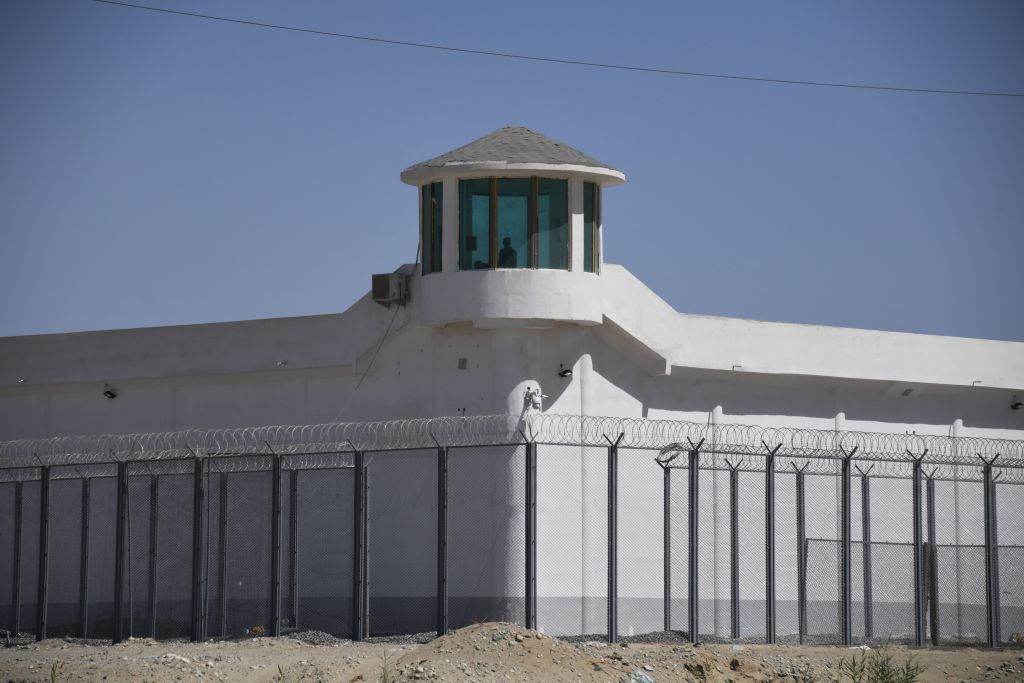
International momentum is building to formally censure China for human rights violations. The Netherlands parliament has now joined the Canadian House of Commons and the US government in labelling China’s treatment of the Uyghur people in Xinjiang a genocide.
Australia’s response has so far fallen short of that designation. In October, the government, along with 38 other countries, expressed ‘grave concern’ about China’s ‘gross human rights violations’ in a letter to the United Nations.
Now the Australian parliament is considering a law to ban the import of goods produced in China with Uyghur forced labour, introduced by independent Senator Rex Patrick. While the proposed ban appears a reasonable response, there might be more effective ways of dealing with this urgent problem.
Under President Xi Jinping, the Chinese Communist Party has launched an extraordinary campaign in China’s northwestern autonomous region of Xinjiang to forcefully integrate the indigenous Uyghur population into the Han majority, in violation of China’s own constitution and international legal norms.
As is now well documented, the CCP’s crackdown in Xinjiang includes mass extrajudicial detention of Uyghurs and other ethnic minorities in hundreds of purpose-built internment camps; near ubiquitous surveillance; the systematic destruction of indigenous culture, language and religious practices (including the demolition of mosques); forced birth control including sterilisation; psychological and physical torture, including sexual abuse; and forced labour and restrictions on freedom of movement.
The aim is what is widely referred to as ‘re-education’ in the Western media. But it should also remind us of colonial policies and eugenics programs of the 19th and early 20th centuries aimed at the social re-engineering of communities of people believed to be inferior or deviant. We don’t need to delve far into history to find examples of these destructive and discriminatory practices in our own backyard, or elsewhere in the world, and their devastating consequences.
ASPI’s March 2020 report Uyghurs for sale, and the work of other researchers and human rights experts, have documented the central role that forced labour plays in the CCP’s Xinjiang social re-engineering project. Since 2014, millions of Uyghurs and other Turkic Muslim minorities have been assigned compulsory state work both inside Xinjiang and across China in the name of ‘poverty alleviation’. With the threat of further detention or even criminal prosecution hanging over their heads, Uyghurs find it impossible in practice to refuse a state work assignment.
Uyghur forced labour is now part of the global supply chain and ASPI has found links to at least 80 international brands, including many companies active in Australia, selling to consumers, businesses and governments.
The corporate responses to our report varied widely. Some multinational companies launched immediate investigations into their supply chains in China and are changing their manufacturing processes to reduce their exposure to Uyghur labour abuses. Many kept in touch to update us on their findings. Some claimed they had no ‘direct contractual’ relationships with suppliers using Uyghur labour and therefore didn’t have any culpability or any obligation to investigate further down their supply chains. Others tried to dismiss the problem by arguing that, while there may be evidence of forced labour in a company supplying them, it wasn’t occurring in the factory making their parts. But many ignored it or continue to publicly deny any exposure or responsibility despite the evidence. One multibillion-dollar company has even repeatedly threatened ASPI with legal action. It’s clear that not all companies are interested in addressing the problem.
Unsurprisingly, the report—which was funded by a grant from the UK Foreign and Commonwealth Office—has been repeatedly criticised by the Chinese government. These criticisms, and the disinformation operations that have often accompanied them, seek to besmirch ASPI as an organisation and its researchers (who have been repeatedly harassed, doxxed and threatened online) while ignoring the substance of the report and the evidence it presents.
Within days of the report’s publication, the propaganda machine in China issued a ban on coverage of Uyghur labour transfers ‘to the interior’. Yet, in September, the Chinese government published a white paper on employment and labour rights in Xinjiang in which it acknowledges the CCP’s ‘proactive’ role in allocating ‘surplus rural labor’ in the pursuit of ‘better lives.’
Companies, consumers and governments have a moral and legal responsibility to ensure that the products they produce and use do not contribute to modern slavery and are manufactured in accordance with international labour laws and norms.
So, what should the Australian government do?
This is not a simple question. No single action will solve the problem. Governments do have an important role to play, but a blanket ban on imports of goods produced by Uyghur forced labour is likely to be difficult and costly to enforce, and might ultimately prove ineffective, since the problem stretches far beyond Xinjiang.
Human rights and other core democratic values are of central importance here, and clear signalling is too. But these messages must be communicated consistently and not used episodically as a stick to bash the Chinese government at politically opportune moments. Any ban on importing goods made with forced labour to Australia should apply to all countries, not just to goods from Xinjiang or elsewhere in China.
The Australian government should urgently ratify the International Labour Organization’s 2014 Forced Labour Protocol. If Australia wants to speak with global credibility on ending forced labour, it must join the 45 other countries that have ratified the protocol and fully abide by the ILO’s Forced Labour Convention.
The Australian parliament should also amend and strengthen the Modern Slavery Act 2018, by, for example, lowering the financial threshold for reporting, creating stronger penalties for non-compliance, and requiring mandatory reporting on exposure to specified issues of pressing concern (including Uyghur forced labour).
The government should take a targeted approach to the Xinjiang problem. China poses a unique set of challenges in confronting forced labour abuses. Unlike other countries, the Chinese government both runs a nationwide system of coerced labour and ensures information about what it is doing is tightly controlled, making it extremely difficult for any company to conduct an independent and creditable audit. Australia should focus on punishing the most egregious actors while sending a warning signal to other bad actors.
Measures could include banning imports of specific goods produced or manufactured in Xinjiang where evidence of forced labour links are strongest (such as cotton, tomato products and solar panels) and imposing targeted sanctions on Chinese companies, officials and other entities (such as the Xinjiang Production and Construction Corps) known to be directly profiting from Uyghur forced labour and other human rights abuses.
This could involve the regulatory strengthening of the newly created Australian Sanctions Office and the expansion of the Department of Foreign Affairs and Trade’s consolidated list to include companies and individuals who are known to be complicit in Uyghur and other forced labour abuses. Human Rights Watch has called for Australia to publish an annual list of countries and products considered a forced labour risk. Companies importing from these places would have the onus placed on them to prove goods are not made with forced labour.
The Australian government should incentivise corporations to be transparent with their supply chains and to employ new tracing technologies to ensure their integrity and compliance with sanctions and existing legislation.
Consumers also have a role to play in boycotting companies that fail to respond.
To be truly effective, governments that are concerned about Uyghur forced labour and wider human rights abuses occurring in China, and elsewhere, must act collectively. A multilateral approach will provide companies with clarity and stability in how any new legislation, sanctions or reporting requirements will operate across multiple jurisdictions and increase the effectiveness of any bans or sanctions.
For example, the UK and Canada made coordinated announcements in January about each country’s moves to restrict the import of goods made with forced labour from Xinjiang. This was a good start but much more is needed, especially from Australia, which is still playing catch-up.


